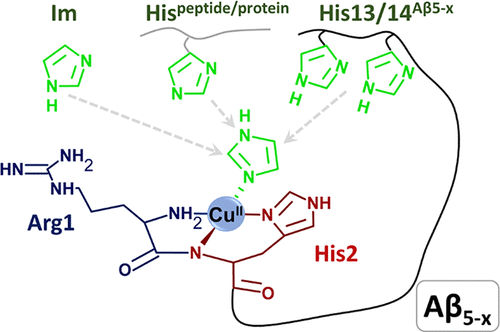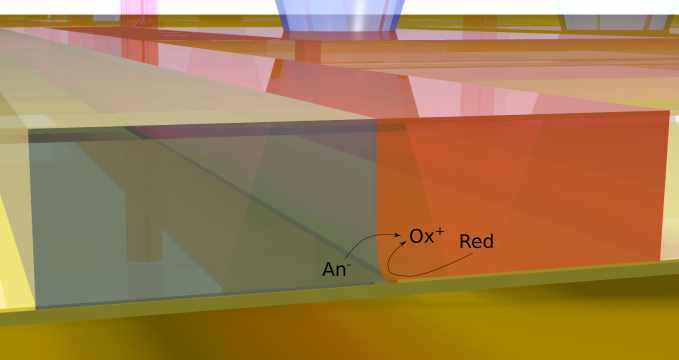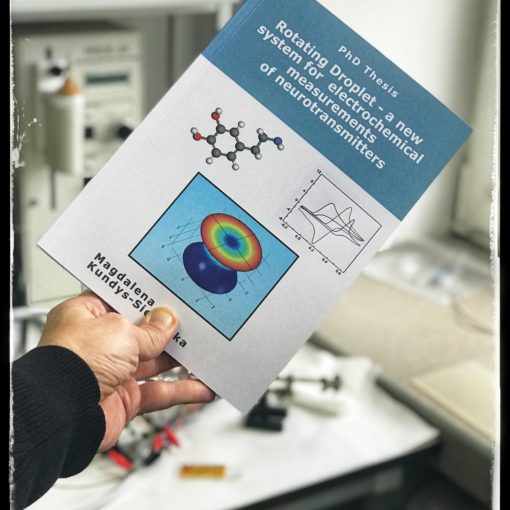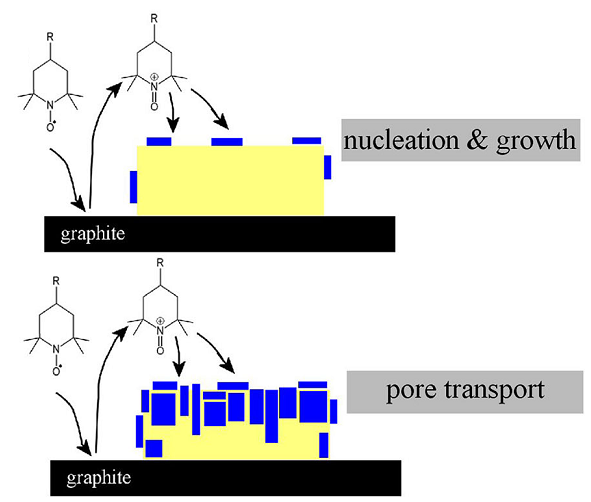
More β-amyloid news! Magdalena got a small grant (Miniatura) to conduct research focused on a selected group of N-terminal β-amyloids, which differ significantly in the way of coordinating copper (II) ions. What are β-amyloids? According to one of the most popular theories they are peptides responsible for the development of Alzheimer’s disease. Despite the fact that β-amyloids are a widely studied group of compounds, it is still not fully known how changes in the structure of these peptides influence into redox reactions taking place in the brain affected by the Alzheimer’s disease. In Magdalena’s project, special attention will be paid to those β-amyloids, whose amino acid sequence begins with glutamic acid. The conversion of glutamic acid to pyroglutamic acid, carried out by the enzyme found in the cerebrospinal fluid, results in significant changes in the coordination of copper (II) cations. The research will help to determine what type of reactions may or may not occur in the brains affected by Alzheimer’s disease.
Miniatura is a small grant from NCN with a maximum funding of 50000 PLN (ca 12000 EUR) for specific purposes such as purchase of reagents and small equipment, travels etc. The maximum funding period is 12 months.
Congratulations Magdalena!




